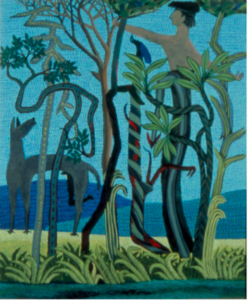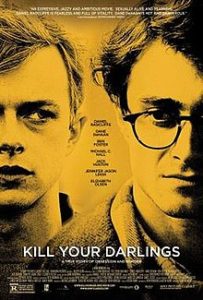10 Very Good Books on Writing
On Monday, I answered a question asked by the son of a friend. He wanted to know what books he should read to improve his skills as a writer.
Three titles came to mind immediately: The Elements of Style by Strunk and White, On Writing by Stephen King, and On Writing Well by William Zinsser.
I thought I’d extend that list today. So, here are 10 of the best books I’ve read about writing.
1.- The Elements of Style
By William Strunk Jr. and E.B. White
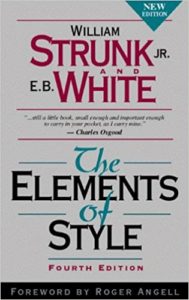
It is short. It is simple. And it is also the undisputed champion of how-to-write books. It lays out the must-know rules of grammar and usage and sets the standard for prose style. I can’t even remember how many times I’ve read it or recommended it.
2.- On Writing Well
By William Zinsser
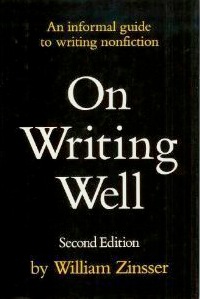
There is a reason this was one of my top three: It is just so clear and straightforward and common-sensical. Zinsser has a talent for getting to the heart of any matter he deals with. And he does that here so helpfully for beginning writers. He touches on all the most common mistakes new writers makes and provides ways to avoid them.
3.-On Writing
By Stephen King
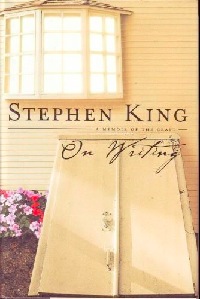
Stephen King is known as a master of the American thriller, but he’s also a very good writer of literary fiction and essays. This book has two parts: The first is about his childhood attempts at writing. And it’s good fun. The second provides insights and advice on the technical aspects of writing – developing plot and characters and facing the blank page.
4.-Writing Tools: 50 Essential Strategies for Every Writer
By Roy Peter Clark
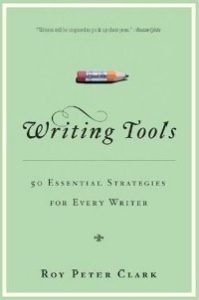
Like Elements of Style, Writing Tools is treasure trove of good ideas and practical tips on becoming a better writer, packed tightly into a single, slim, readable volume.
5.- The War of Art
By Steven Pressfield
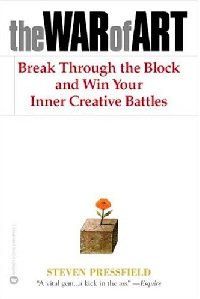
“Being a writer, to Pressfield, is no more glamorous than being a plumber. A professional shows up every day and ‘fixes a toilet.’ I doubt any book has had a more positive influence on my writing life than this one.” – Donald Miller
6.- The Writing Life
By Annie Dillard
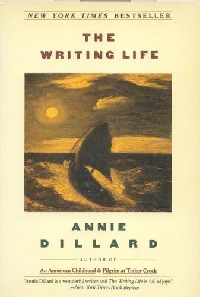
The core message here is “Kill your darlings” – i.e., don’t fall in love with your words. Be tough. Even brutal. Writing well is a great deal about cutting away everything that is unnecessary.
7.-Bird by Bird: Some Instructions on Writing and Life
By Anne Lamott
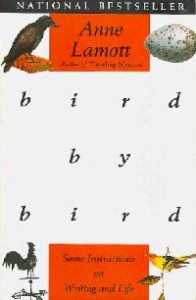
Lots of helpful hints mixed in with engaging little stories and inspiring advice about how to push through the hesitations and setbacks and build your masterpiece, bird by bird.
8.-Writing Down the Bones: Freeing the Writer Within
By Natalie Goldberg
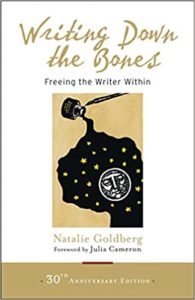
Solid advice and smart strategies for non-fiction writers, including how to start brainstorming, the importance of learning how to listen, the vital role verbs play in writing, and even how to find an inspiring place to write. No matter the stage you’re at with writing, this inspiring read will give you the encouragement you need to keep going.
9.- Zen in the Art of Writing
By Ray Bradbury
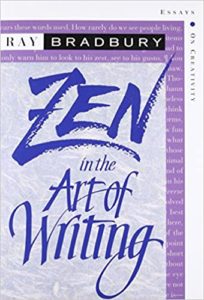
A collection of essays about writing written by a very good and accomplished writer.
10.- The Mother Tongue: English & How It Got That Way
By Bill Bryson
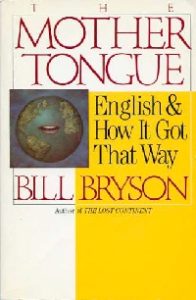
Whatever the subject, I’ve never read a book by Bill Bryson that didn’t delight, amuse, and inform me. This is no exception.
And here’s one more – a book I haven’t read yet…
The Sense of Style
By Steven Pinker

Steven Pinker offers a new take on some of the classic writing manuals. In The Sense of Style, he analyzes examples of modern prose, pointing out fantastic writing styles from those he considers awful. To help you improve, Pinker also provides tips to spruce up lackluster work.
